Founded in 1902 in Yurihonjo City, Akita Prefecture, the Saiya Brewery has developed a stellar reputation in the sake world. From the 5th generation president to their esteemed brewmaster, the inner workings of the brewery are a symphony of team work, precision, and thought. Their signature brand, Yuki No Bosha, brings delight to new sake tasters and seasoned connoisseurs alike.
The brewery still makes Yuri Masamune, their original brand, but only enough to satisfy the diehard loyalists here in the U.S.
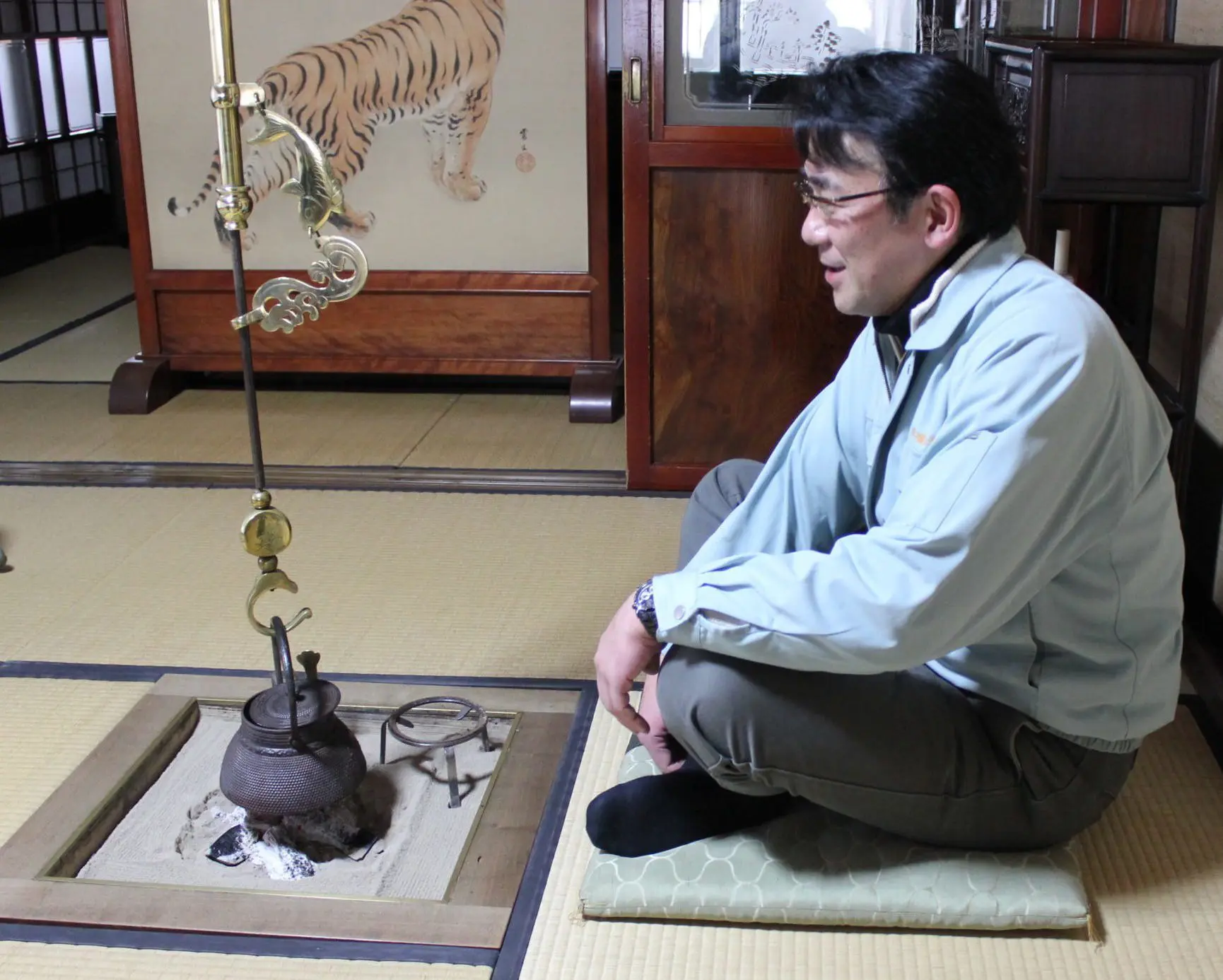
Kotaro Saito is the 5th generation President of the Saiya Brewery. Under his leadership, which started in 2005, the brewery and the brand, Yuki No Bosha, have seen extraordinary growth. Thoughtful, precise, curious, and warm hearted, Saito-san has supported his brewmaster, Takahashi-toji, to focus on his craft and take Yuki No Bosha to newer heights.
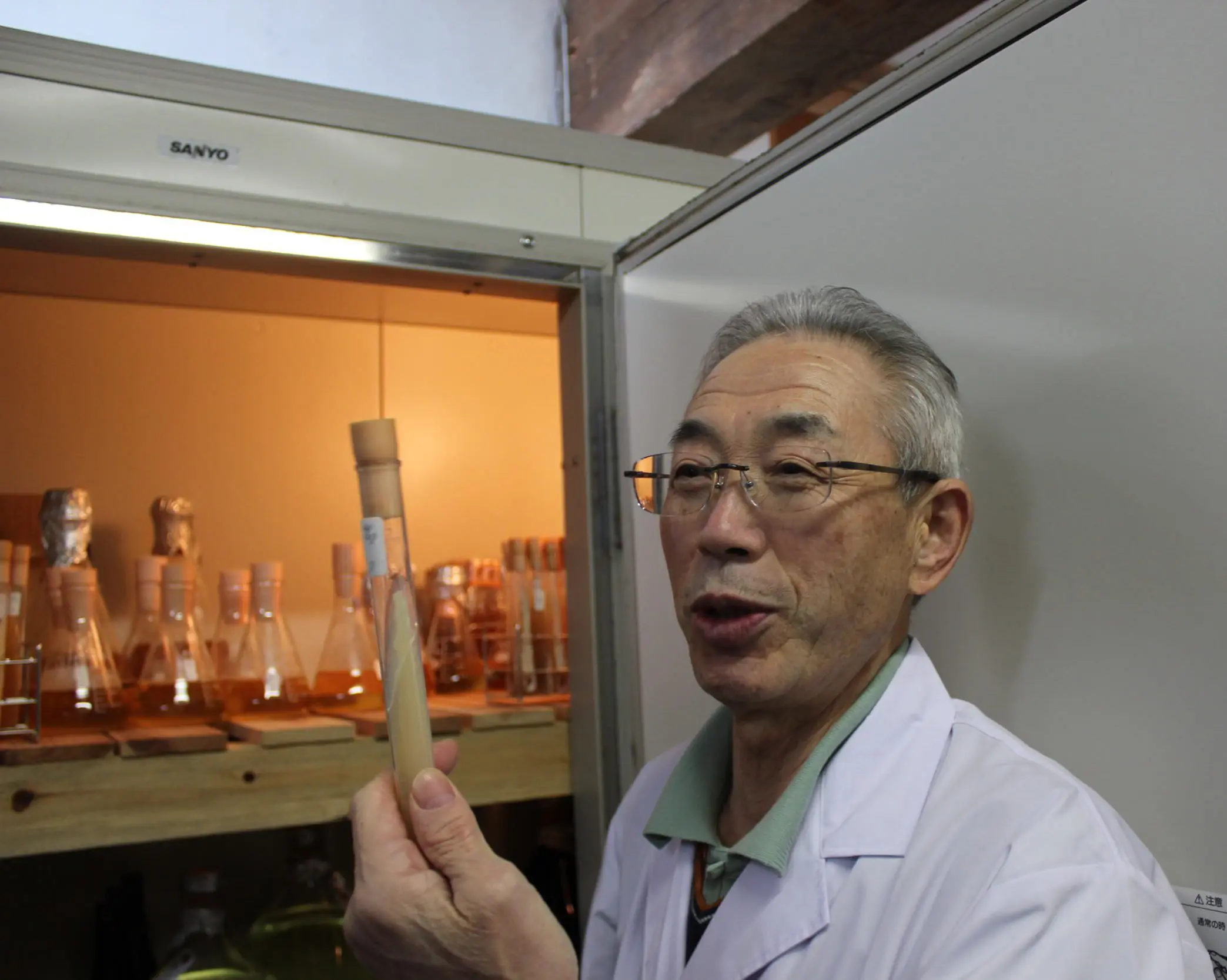
Takahashi-toji is one of the most celebrated brewmasters or “tojis” in Japan. He started working at the Saiya Brewery in 1984. Since 1989, he has won more than twenty gold medals and seven silver medals at the Japanese National Sake Competition for Kachou Gesseki, his prized daiginjo. He has won countless awards for this sake at the Tohoku Area and Akita Prefecture awards, which are, in some ways, more cherished than the national competition. Even for Yuki No Bosha Yamahai Junmai, he has repeatedly won top awards in “warm sake” competitions, which shows his range of ability.
He has held the role of chairman of the Sannai Toji guild for many years and a biography was written about him by Chieko Fujita, a leading sake expert. In 2015, he was awarded by the Emperor of Japan as an esteemed national artisan, an award that is given to the most accomplished crafts people.
Takahashi-toji has a deeply philosophical approach to sake making and his beliefs have influenced the entire sake world. He keep the brewery meticulously clean but does not allow any detergents in the facility. He also uses all in-house yeast, some of which he has been cultivating for over twenty years. Several years ago, he stopped sprinkling koji-kin on steamed rice inside the koji room, the muro, which was the accepted, traditional way. Instead, he started sprinkling koji on the steamed rice as it came out of the cooling machine so his brewers would not be exposed to mold in an enclosed environment. He also wanted to execute a more delicate koji making process.
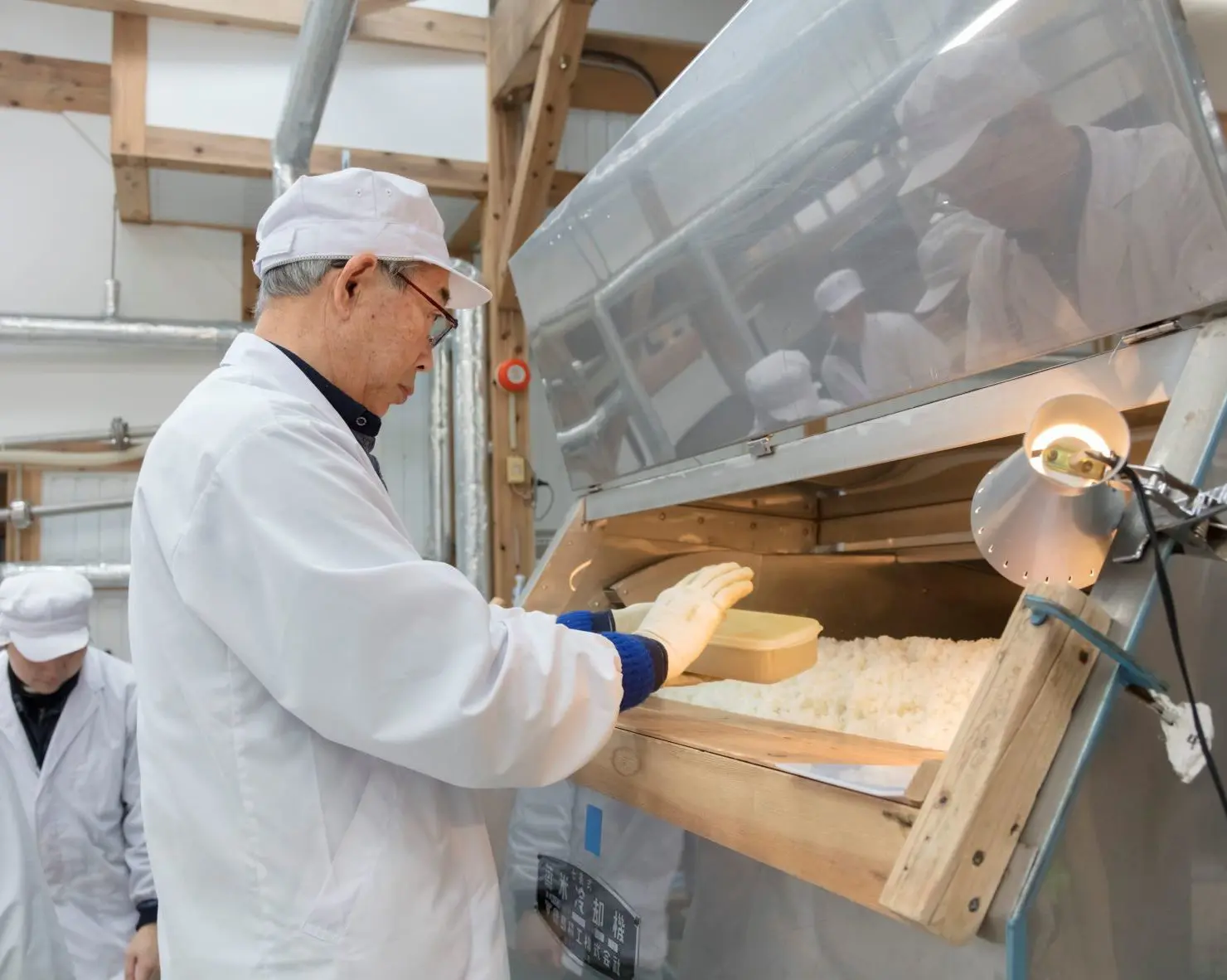
He also emphasizes washing rice, a step that might have seemed minor before. He insists on removing all of the nuka so that rice grains are completely separate in the next steps of sake making. From the largest volume sakes to the smallest, water absorption is meticulously managed to avoid excess absorption.
He also does not stir his tanks, rather, letting the brew ferment on its own. He also does not allow any cleaners, specifically detergents in the brewery. The brewery is constantly cleaned and it is immaculate. Anything that requires sterilization is done so with brewing alcohol. He is trying to find the perfect balance between cleanliness and the benefits of some airborne elements.
Lastly, Yuki No Bosha is all genshu, meaning the brew is not diluted with water. Most sakes state this on the label as a marketing term, but it is not stated on Yuki No Bosha because it is all made this way and is merely the sake’s natural state.
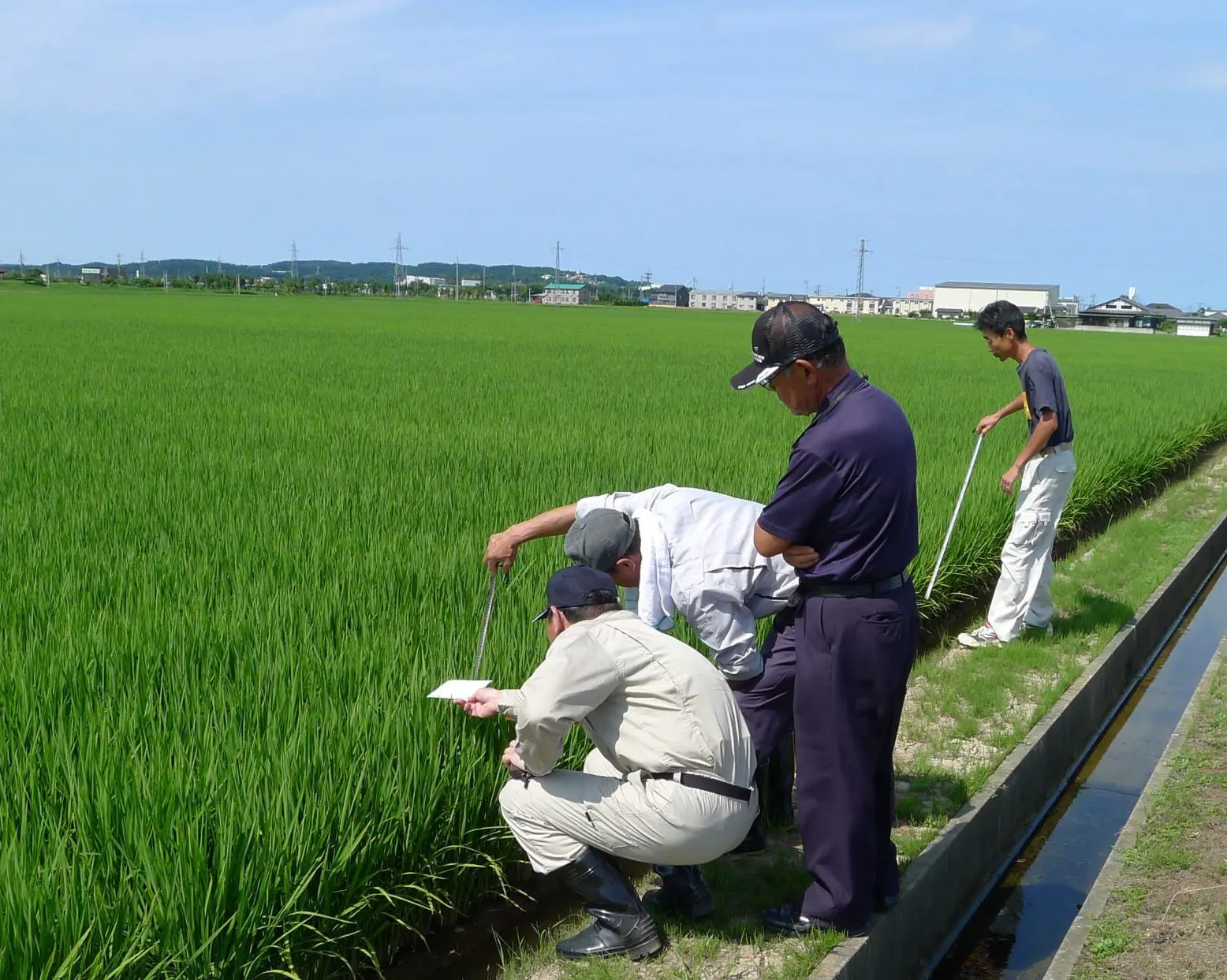
Sake makers generally buy rice from local farmers through contract relationships. They might buy some rice, especially for larger volume products, from rice wholesalers. However, it is rare that they will grow their own rice, even for a limited release. The Saiya Brewery does something in between contracting with farmers and growing it themselves. They buy all of the sake rice that their brewers can grow on their own fields. In recent years, more than 50% of their rice is grown by their employees. This is even true of Takahashi-toji. Thus, the workers have a reliable purchaser of their rice and they know their main ingredient when they brew sake.
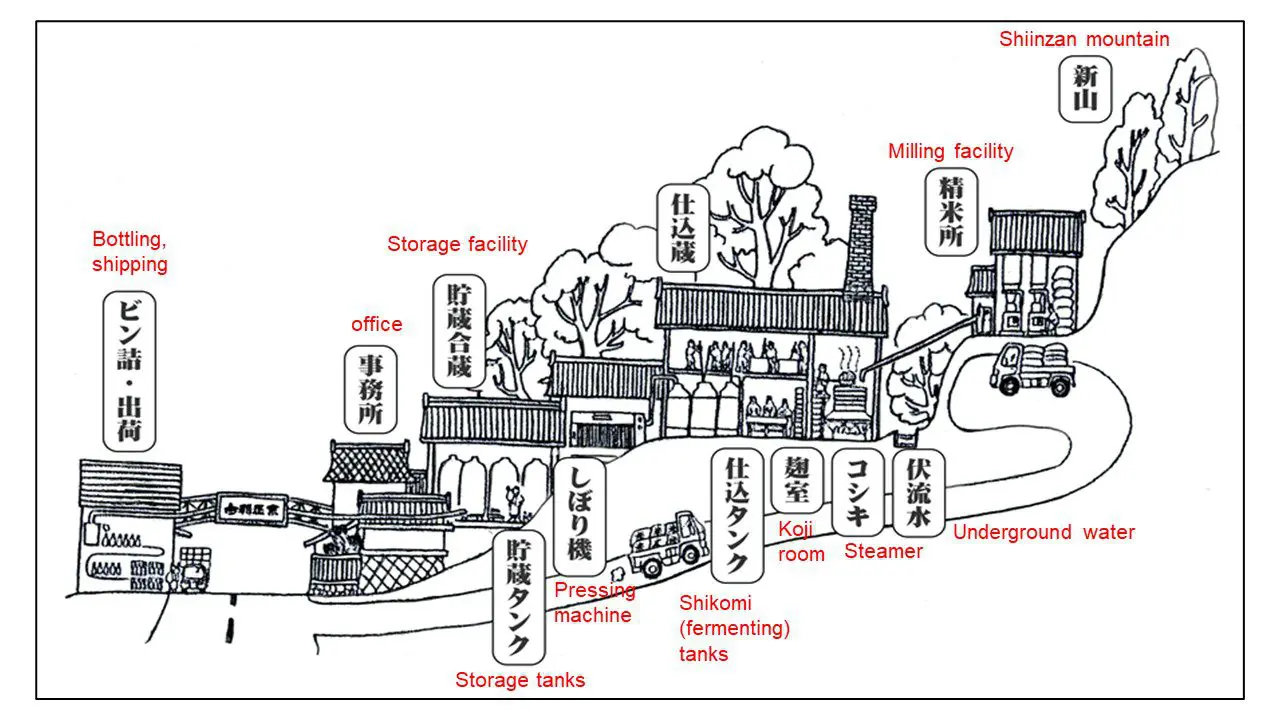
The Saiya Brewery has the nickname “Nobori Kura,” which means “Brewery on a hill.” The sake making process starts with polishing at the top of the hill and goes down the hill to fermentation and then to the bottom, across the street from the brewery, where sake is bottled and shipped.
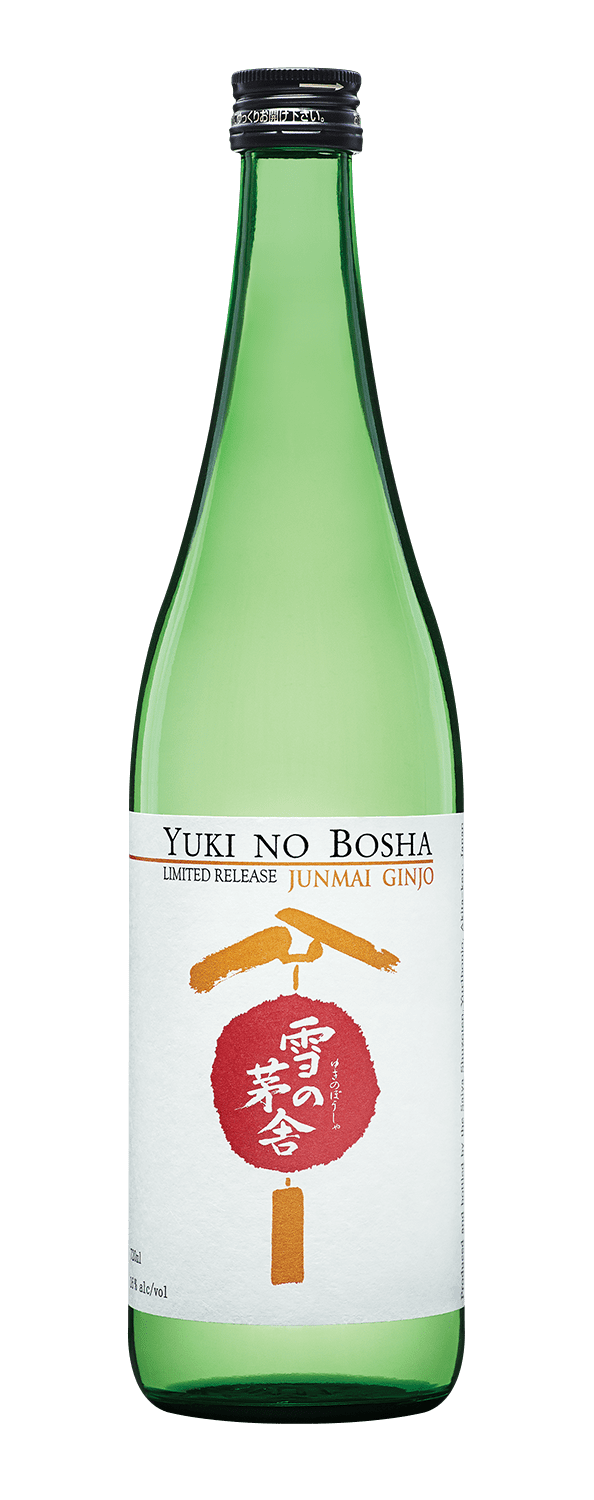
Yuki No Bosha expresses the full range of possibilities with sake. From the layered, rustic flavors of Yamahai Junmai to the elegant, fragrances of Kachou Gesseki, drinkers of this sake will be amazed and impressed.

Yuri Masamune is the original and traditional brand of the Saiya Brewery. As Yuki No Bosha has grown nationally in Japan and internationally, the brewery has reduced production of Yuri Masamune. However, we plead with them to make it and they kindly agree.